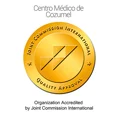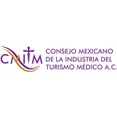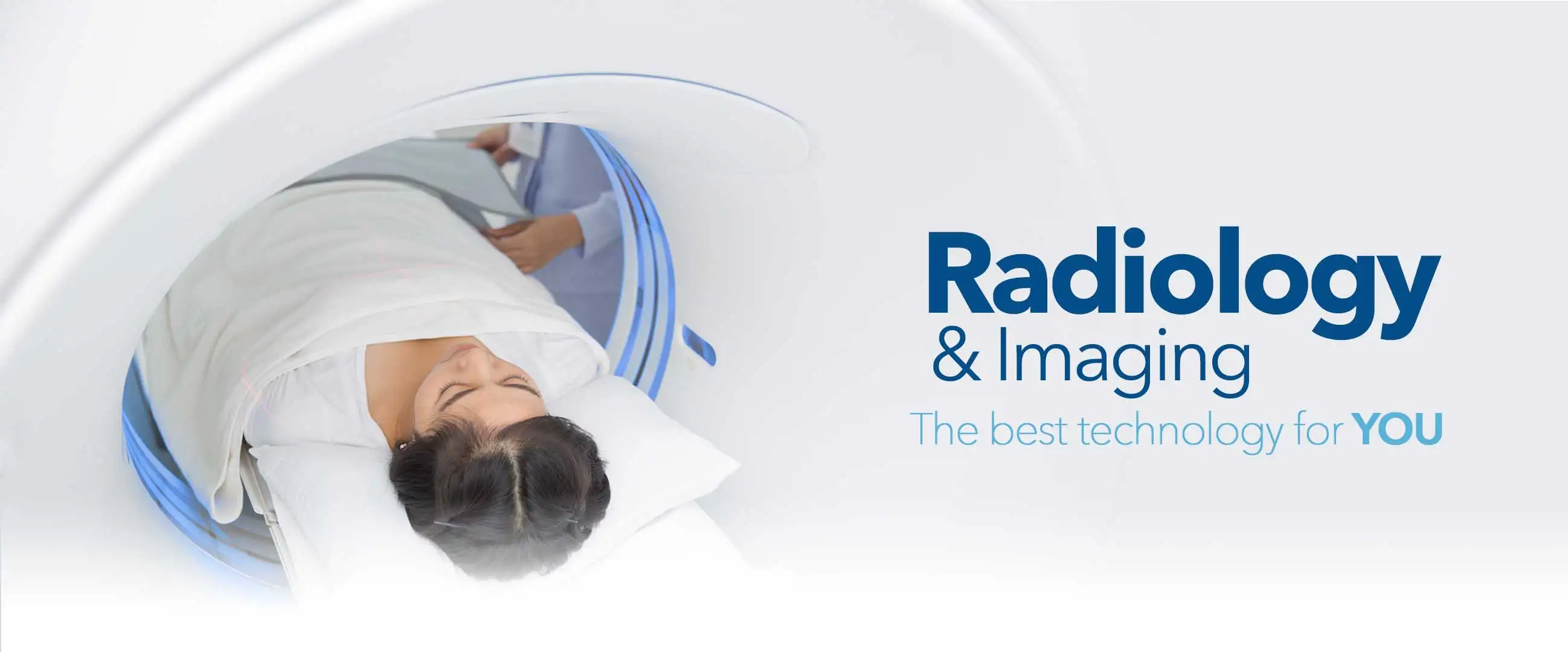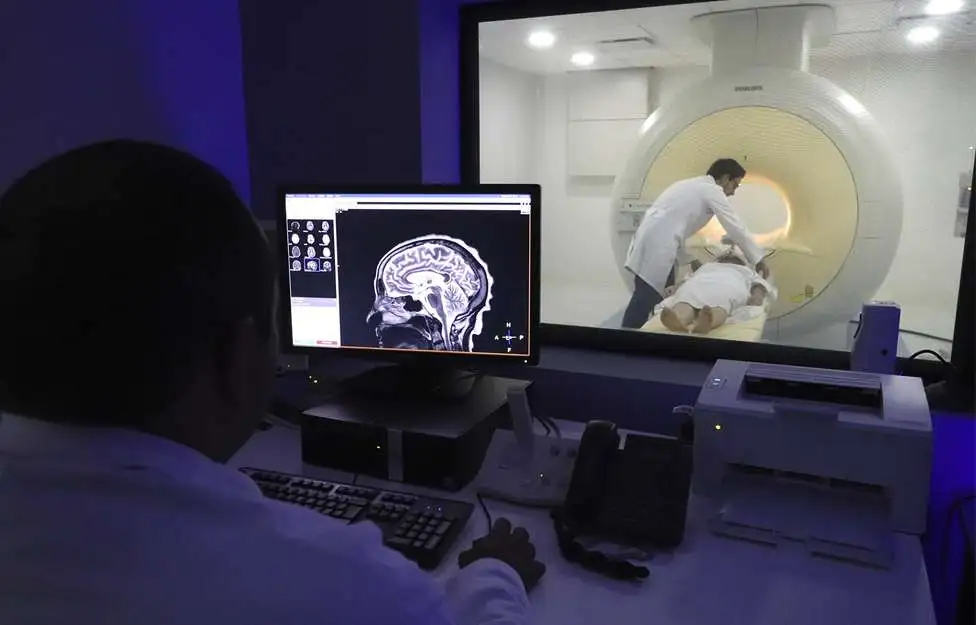
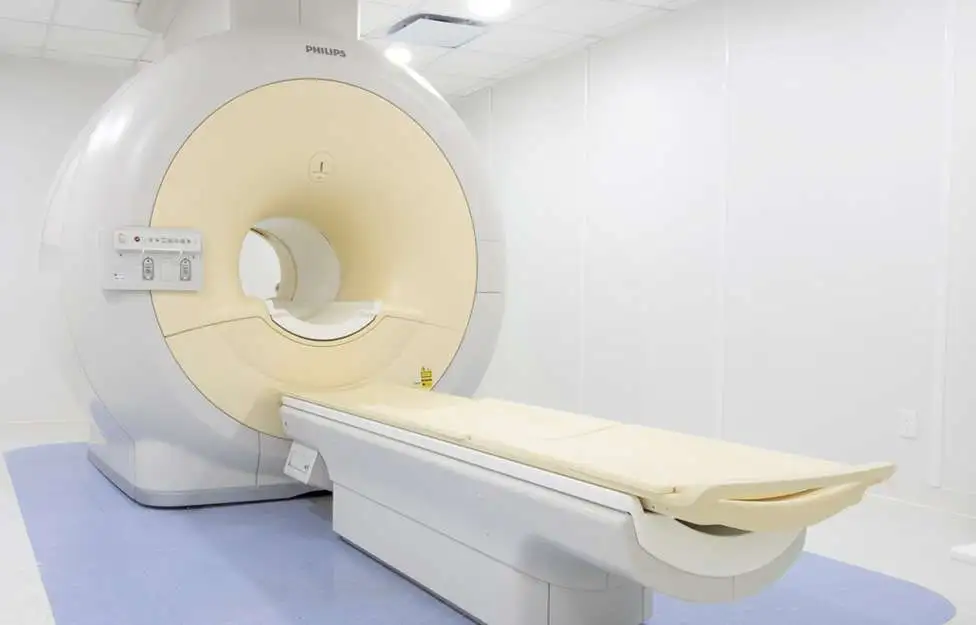
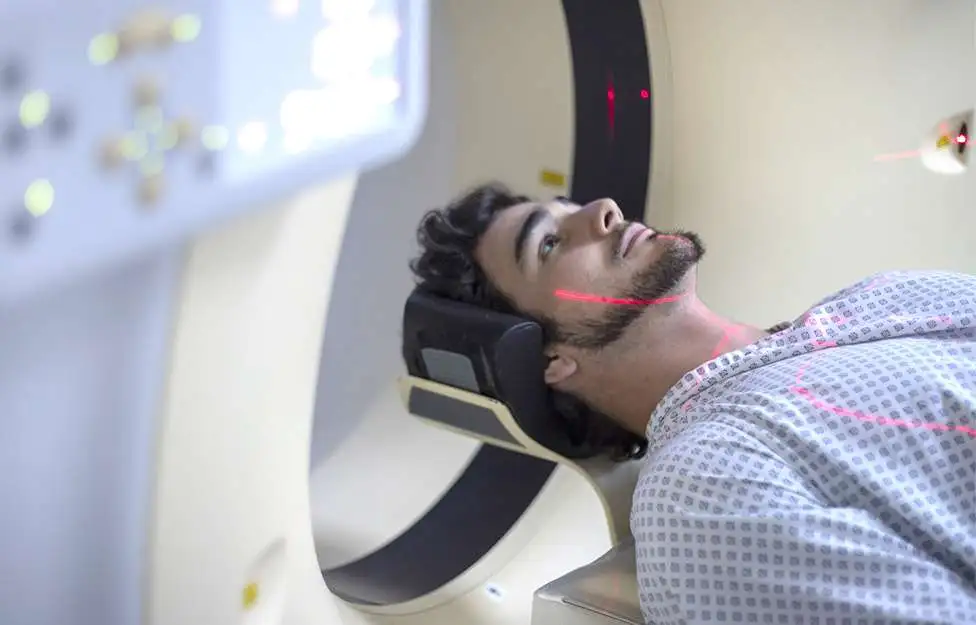
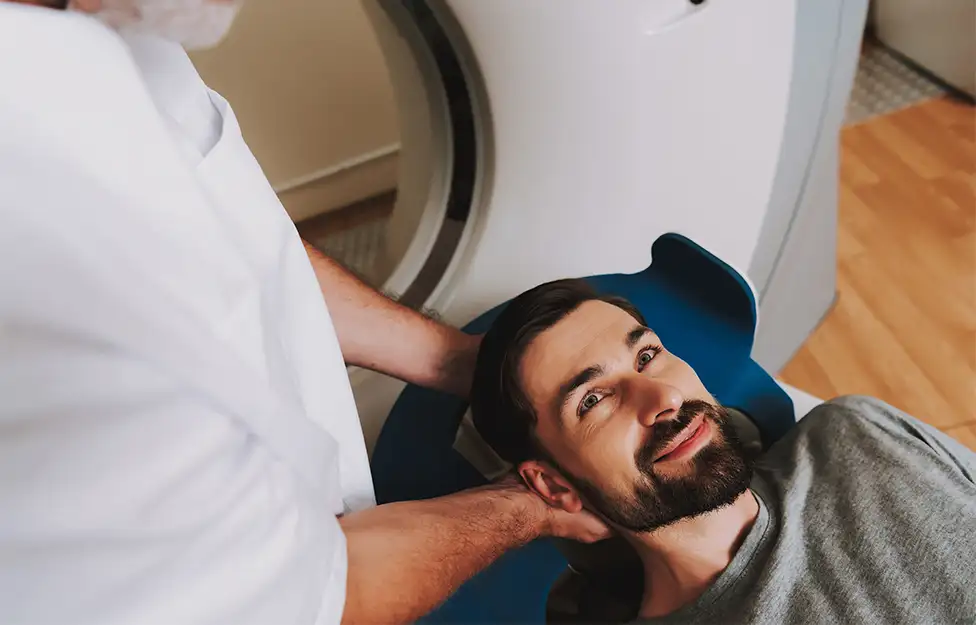
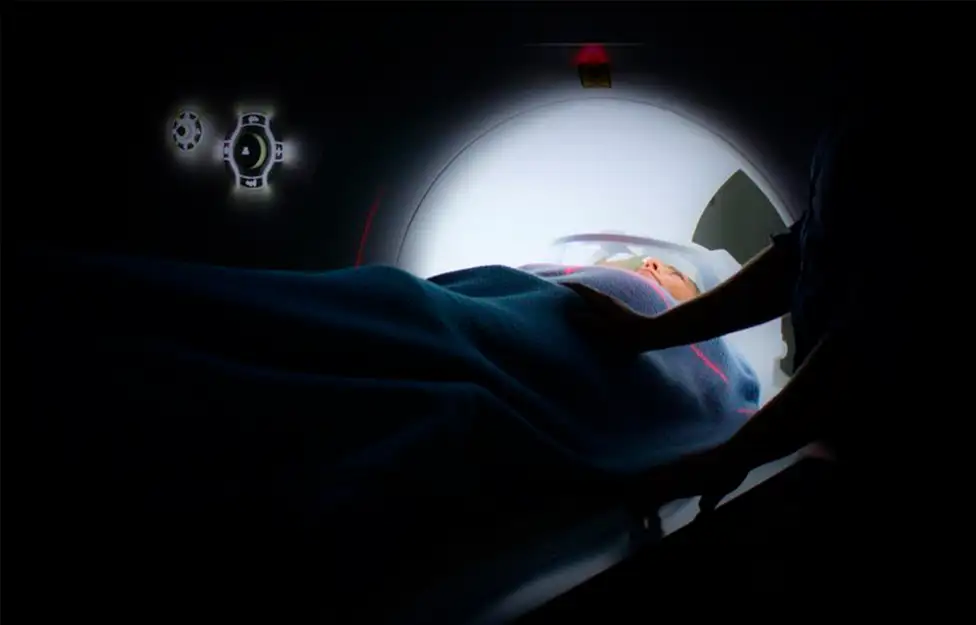

Radiology and Imaging 24/7
X-rays:
- Cervical
- Skull
- Knee
- Tele-thorax
- Shoulder
- Hand
- Ankle
- Wrist
128-slice computed tomography scan:
- Skull
- Column
- Pulmonary
- Urotac
- Abdomen with contrast medium
- Thorax
- Neck
- Vascular studies of any kind
- Coronary angiotomography
- Virtual colonoscopy
Ultrasound:
- Abdominal
- Urinary tract
- Breast
- Thyroid
- Doppler
- Knees
- Soft organs
- Pelvic
Others:
- Fibroscan
- Ultrasound-guided biopsies of any type (breast, prostate, thyroid)
- Tomography-guided biopsies
- Resonance-guided biopsies
- Ultrasound intervention procedures
- Prostate biopsies
MRI tests
- Column
- Lumbosacral
- Skull (with contrast)
- Shoulder
- Knee
- Thorax
- Elastography
- Tractography
- Spectroscopy
- Heart - ventricular function - morphological studie
During specific MRI tests, metabolic disorders of the nervous system and other body areas can be observed.
Coronary computed tomography angiography (CCTA)
Uses an injection of iodine-containing contrast material and CT scanning to examine the arteries that supply blood to the heart and determine whether they have been narrowed.
Where to Do It?

